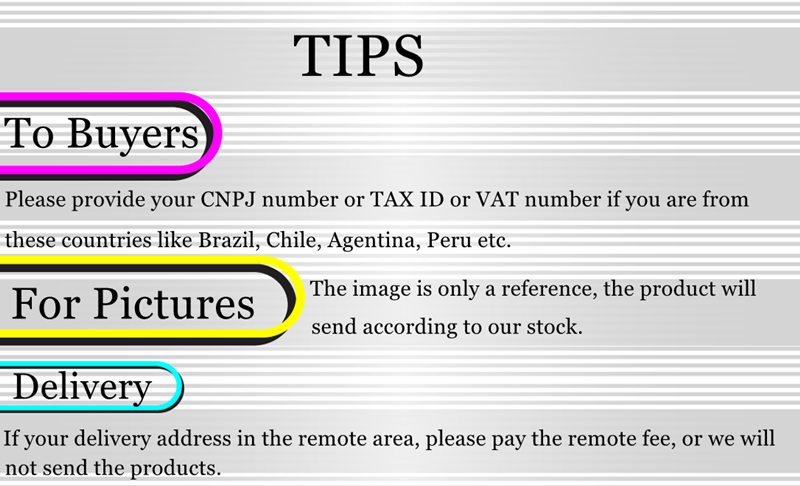What Happens If You Don't Pay a Car Loan? Understanding the Consequences and Your Options
#### What Happens If You Don't Pay a Car LoanWhen you take out a car loan, you enter into a legally binding agreement with your lender, committing to repay……
#### What Happens If You Don't Pay a Car Loan
When you take out a car loan, you enter into a legally binding agreement with your lender, committing to repay the borrowed amount over a specified period. But what happens if you don't pay a car loan? The consequences can be severe and far-reaching, affecting not just your financial situation but also your credit score and ability to secure future loans.
#### The Immediate Consequences
The first consequence of failing to make your car loan payments is that you will likely incur late fees. Most lenders offer a grace period, but once that period expires, you may find yourself facing additional charges. These fees can add up quickly, making your debt even more burdensome. Moreover, your lender will report your missed payments to the credit bureaus, which can negatively impact your credit score. A lower credit score can make it difficult to obtain future loans or credit cards, and if you do qualify, you may face higher interest rates.
#### Repossessions

One of the most significant risks associated with not paying a car loan is the potential for repossession. Most car loans are secured loans, meaning the vehicle itself serves as collateral. If you fall behind on your payments, the lender has the right to repossess the car. This process can happen relatively quickly, often within a few months of missed payments. Once the car is repossessed, you will not only lose your vehicle but also remain responsible for any remaining balance on the loan after the car is sold at auction.
#### Legal Action
If you continue to ignore your car loan obligations, your lender may take legal action against you. This could involve suing you for the remaining balance of the loan after repossession. If the court rules in favor of the lender, they may obtain a judgment against you, which can lead to wage garnishment or bank account levies. This legal route can be time-consuming and costly for both parties, but it is a real possibility if you fail to address your loan default.
#### Impact on Your Credit Report

The repercussions of not paying a car loan extend to your credit report. Payment history is one of the most significant factors affecting your credit score, and multiple missed payments can lead to a substantial drop in your score. This negative mark can remain on your credit report for up to seven years, making it difficult to secure other forms of credit, such as mortgages or personal loans. Higher interest rates and less favorable loan terms may also be consequences of a damaged credit score.
#### Options to Consider
If you find yourself struggling to make your car loan payments, it's crucial to take action before the situation escalates. Many lenders are willing to work with borrowers facing financial hardship. Options may include loan deferment, where payments are temporarily paused, or loan modification, which might involve extending the loan term or reducing the interest rate. Communicating with your lender can often lead to a more manageable repayment plan.
#### Conclusion

In summary, the question of what happens if you don't pay a car loan is not one to take lightly. The consequences can range from late fees and credit score damage to repossession and legal action. If you're facing difficulties, it's essential to explore your options and communicate with your lender to find a solution that works for both parties. Taking proactive steps can help you avoid the severe repercussions of defaulting on your car loan and protect your financial future.